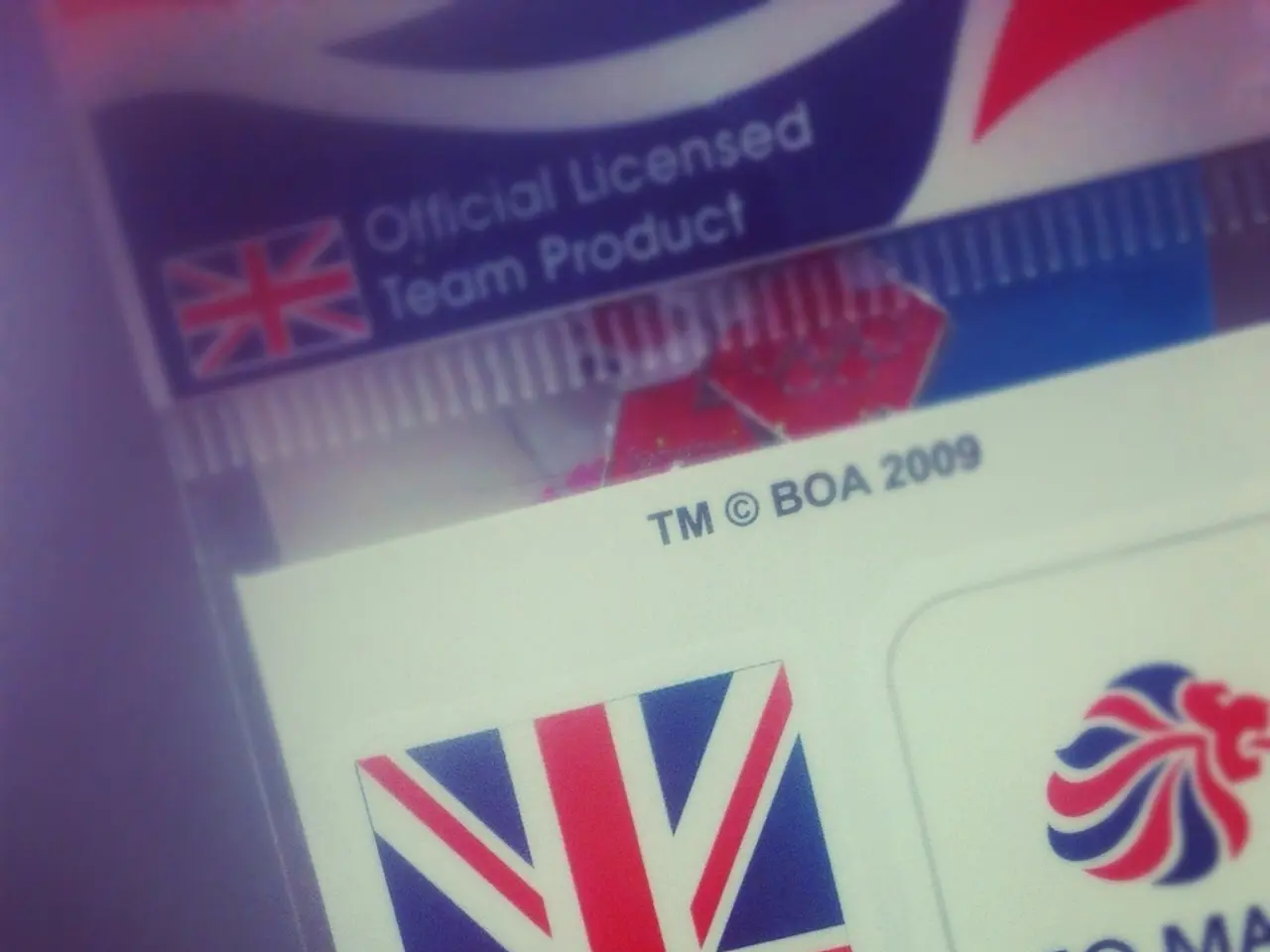Guide on Ensuring Your Post-Graduation Work Permit Eligibility Through Your Study Program
In a bid to simplify the process of determining Post-Graduation Work Permit (PGWP) eligibility, a dedicated tool has been developed. This tool allows users to verify if their chosen study program is PGWP-eligible.
The tool features clickable entries that expand to show the program description, making it easier for users to make informed decisions. For those who prefer a more hands-on approach, the Canada Immigration Portal (CIP) page allows users to search for study programs by general title and field of study. A full list of these programs can also be found online.
To ensure the correct CIP entry, users should read the description and match it to their chosen study program. It's important to note that the CIP codes and titles are categorized by description, not title.
Language proficiency requirements apply for PGWP eligibility. For university and most college programs, a Canadian Language Benchmark (CLB) score of 7 is required. For some college and non-university programs, a Canadian Language Benchmark (CLB) score of 5 is sufficient.
For college programs or other non-university programs, international students must have graduated from an eligible field of study for PGWP eligibility. Similarly, for university programs not listed above, international students must have graduated from an eligible field of study for PGWP eligibility.
Changes to eligible fields of study are expected in early 2026. As of now, only educational programs in the following fields are PGWP-eligible: Agriculture and agri-food programs, Education programs, Health care and social services programs, Science, Technology, Engineering, and Mathematics (STEM) programs, Trade programs, and Transport programs.
It's worth mentioning that these requirements apply to international student graduates at certain levels of study. International students at the college or non-degree program level of education must ensure their program connects to in-demand occupations in Canada's labour market. For university bachelor's, master's, or doctoral programs, there are no field of study requirements for PGWP eligibility.
For college bachelor's degree programs, there are no field of study requirements for PGWP eligibility either. Searches can be filtered from broad to specific, resulting in 'series', 'sub-series', or individual study program results.
When it comes to Germany, as of 2026, there is no specific publicly available list specifying which study programs are eligible for the Post-Graduation Work Permit (PGWP) similar to Canadian models. Generally, eligibility for PGWP-like work permits depends on the type of degree and institution rather than the specific program.
Users can contact their Designated Learning Institution (DLI) directly for more information about their program and the applicable CIP code and title. International students must also meet general eligibility requirements, including finishing a program of at least 8 months (or 900 hours in Quebec), maintaining full-time student status, submitting the PGWP application within 180 days of graduation, and maintaining valid study permit status during the 180 days after graduation and before submitting the PGWP application.
In late 2024, Immigration, Refugees and Citizenship Canada (IRCC) imposed field of study requirements for Post-Graduation Work Permit (PGWP) eligibility. DLIs' websites often provide details about PGWP eligibility and include relevant CIP codes.
Read also:
- Recommendations propose stricter controls on MMRV immunizations, as suggested by Kennedy's advisory group
- Trump's impact on Americans to be explored in new podcas to be hosted by Alex Wagner, in partnership with Crooked Media
- Trials in Quebec mirroring the strains, aspirations, and divisions of the present era
- Mourning a Mother's Death: Strategies for Daughters to Find Comfort




